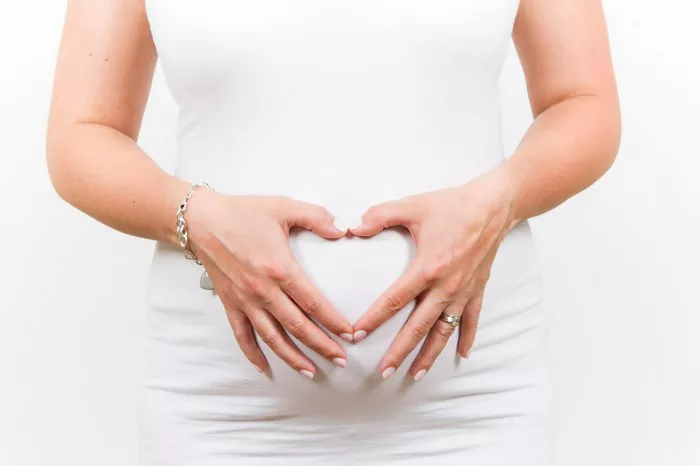Pregnancy testing is a significant step in family planning and can evoke a myriad of emotions in individuals or couples awaiting the results. To alleviate uncertainties and ensure accurate results, understanding the timing and factors influencing pregnancy tests is crucial. In this article, we will delve into the intricacies of pregnancy testing, covering topics such as the explanation of pregnancy tests, timing for test accuracy, early pregnancy tests, the best time of day for testing, factors affecting test results, follow-up after a negative result, and the importance of consulting healthcare providers.
Explanation of Pregnancy Tests
Pregnancy tests work by detecting the presence of hCG (human chorionic gonadotropin) in urine or blood. hCG is a hormone produced by the placenta shortly after a fertilized egg attaches to the uterine lining. As the pregnancy progresses, hCG levels increase rapidly, peaking during the first trimester before gradually declining.
Most at-home pregnancy tests are urine-based and utilize antibodies that specifically react with hCG. These tests typically display results as either a positive (pregnant) or negative (not pregnant) indicator. Blood tests, performed by healthcare professionals, can detect lower levels of hCG and may provide more accurate results in early pregnancy or in cases of uncertainty.
Timing for Test Accuracy
For standard pregnancy tests, it is recommended to wait until the first day of a missed period or at least 21 days after unprotected sex before testing. Testing too early may yield false-negative results due to low levels of hCG in the body. Waiting until the menstrual cycle is expected to begin increases the likelihood of accurate results.
Early Pregnancy Tests
Early pregnancy tests, often marketed as “early detection” or “early response” tests, boast increased sensitivity in detecting hCG. These tests may be able to detect pregnancy before a missed period, offering a potential solution for those anxious to confirm pregnancy at the earliest opportunity. However, it’s important to note that while early pregnancy tests can provide results sooner, they may also be more prone to false negatives due to lower hCG levels in the early stages of pregnancy.
Best Time of Day for Testing
The timing of the day for pregnancy testing can also impact accuracy. First morning urine is typically the most concentrated, containing higher levels of hCG if pregnancy is present. Therefore, testing with the first urine of the day may provide the most accurate results, especially when testing early in the pregnancy. However, if testing later in the day, it’s advisable to avoid excessive fluid intake beforehand to prevent diluting the urine sample.
Factors Affecting Test Results
Several factors can influence the accuracy of pregnancy test results. One key factor is the timing of implantation, the process by which the fertilized egg attaches to the uterine lining. Implantation typically occurs around 6-12 days after ovulation, with hCG production beginning shortly thereafter. Testing too soon after implantation may result in false-negative results due to insufficient levels of hCG.
Additionally, the sensitivity of the pregnancy test itself plays a crucial role. Higher sensitivity tests can detect lower levels of hCG and may provide accurate results earlier in pregnancy. However, sensitivity varies among different brands and types of tests, so it’s essential to read the instructions carefully and choose a test that aligns with individual needs and circumstances.
Follow-Up After a Negative Result
If a pregnancy test yields a negative result but pregnancy symptoms persist or if menstruation does not occur within a week of the expected date, it may be advisable to take another test. Waiting a few days before retesting allows time for hCG levels to increase if pregnancy is indeed present. The doubling time of hCG levels in early pregnancy is typically around 48-72 hours, meaning hCG levels should roughly double every two to three days. Retesting after a few days can help ensure accurate results and provide peace of mind.
Consulting Healthcare Providers
While at-home pregnancy tests are convenient and widely accessible, consulting with healthcare providers for confirmatory tests and further guidance is highly recommended. Healthcare professionals can offer support, answer questions, and provide additional testing or referrals as needed. Blood tests performed by healthcare providers can offer quantitative hCG measurements, allowing for more precise assessment of pregnancy status.
Conclusion
In conclusion, the timing of pregnancy testing plays a critical role in obtaining accurate results. Waiting until the first day of a missed period or at least 21 days after unprotected sex for standard tests increases the likelihood of accurate results. Early pregnancy tests offer the potential for earlier detection but may be more prone to false negatives. Testing with first morning urine and considering factors such as implantation timing and test sensitivity can further enhance accuracy. In cases of uncertainty or persistent symptoms, consulting healthcare providers for confirmatory testing and guidance is paramount. By understanding the nuances of pregnancy testing and seeking appropriate care, individuals and couples can navigate this pivotal moment with confidence and clarity.
























